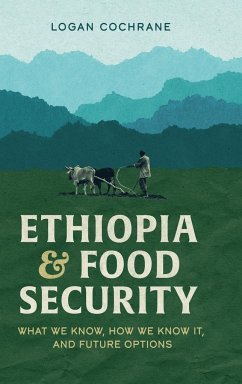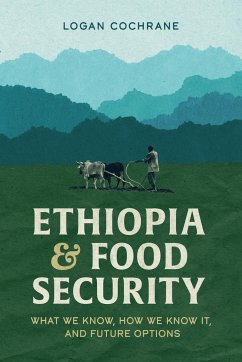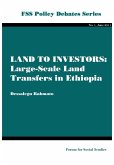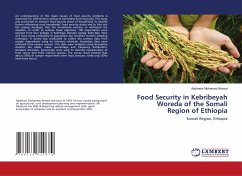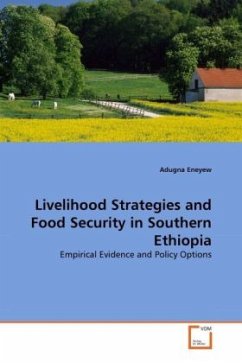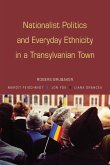Ethiopia has made significant progress preventing famine. However, food insecurity remains a significant challenge for the country. As recent as 2016, one in five Ethiopians relied on emergency assistance. Ethiopia and Food Security analyzes what makes people vulnerable to food insecurity, by analyzing individual households as well as the broader systems, policies, and services that people interact with. This exploration assesses what we know about food security in Ethiopia, and employs a new methodology to expand the types of questions being asked. The results highlight the role of issues not often associated with food security research, such as migration and debt. This participatory approach identifies that research often makes invisible the purposeful and insightful choices farmers make. When surveyed, farmers are asked to provide generalizations about input use, crop choice and planting practices, when in reality each crop, input and practice varies. Similarly, some commonly used measures of vulnerability can also be expressions of security; aggregated averages obfuscate localized inequality. In analyzing how the evidence about food security is shaped, Ethiopia and Food Security highlights avenues for re-envisioning research methods, particularly as policy and practice encounter politics. Importantly, this book synthesizes what we know about food security in Ethiopia and presents options and opportunities available for strengthening it.

